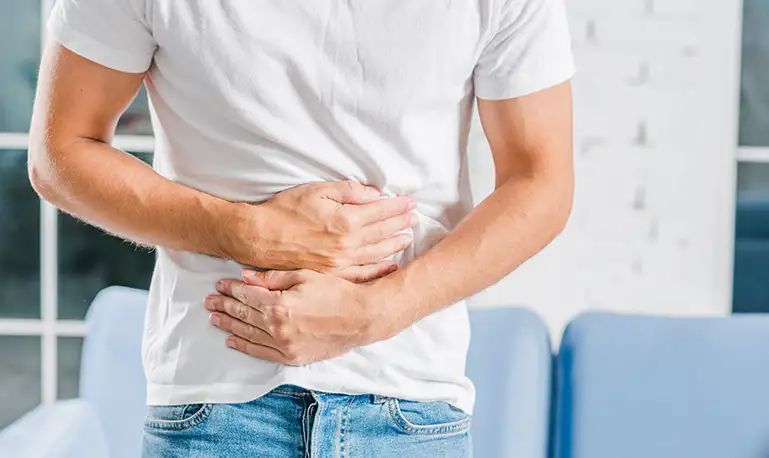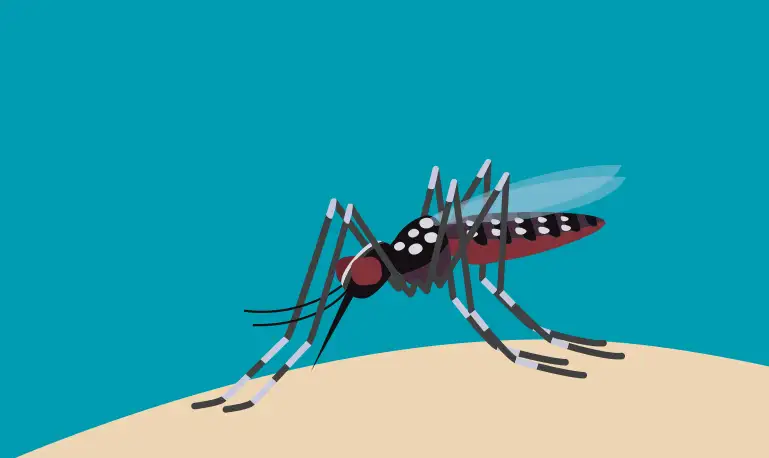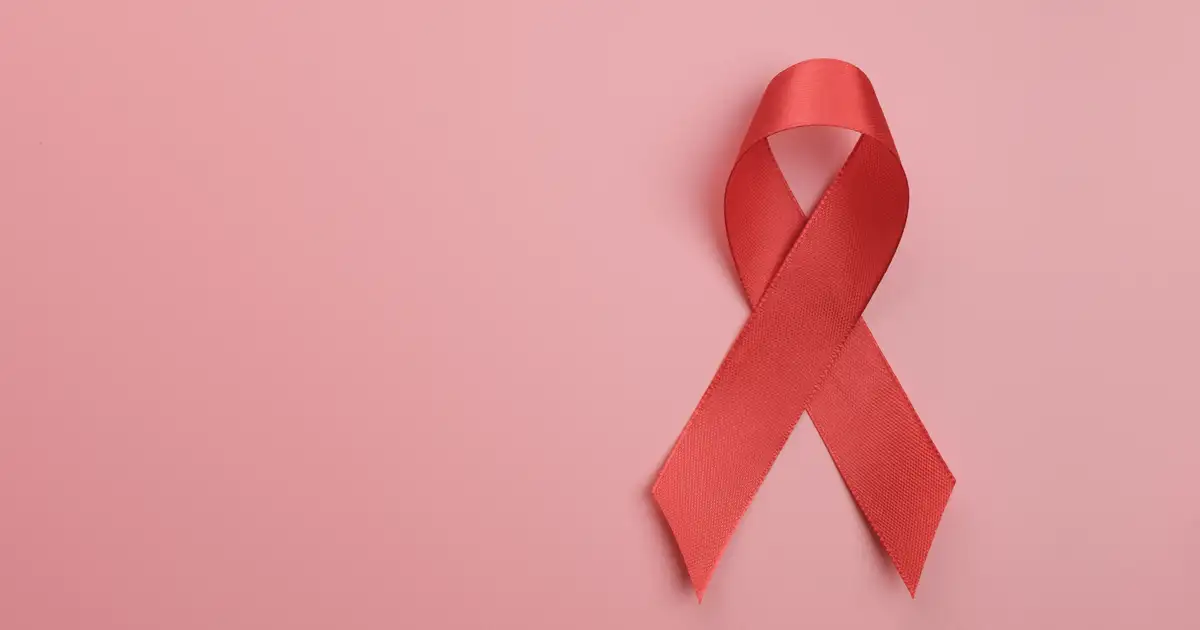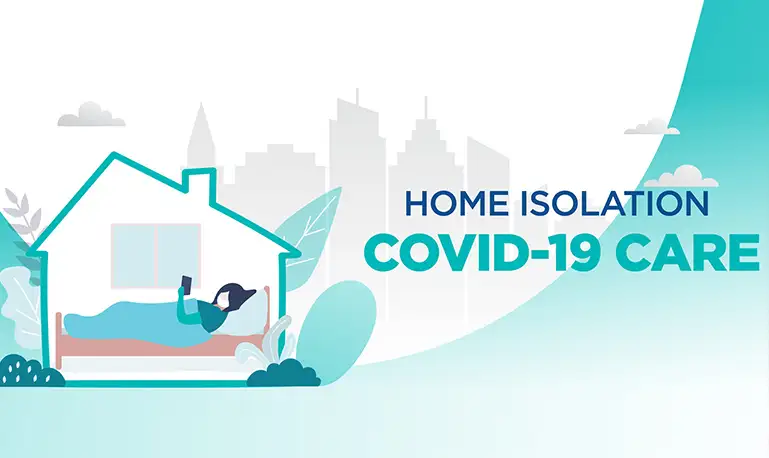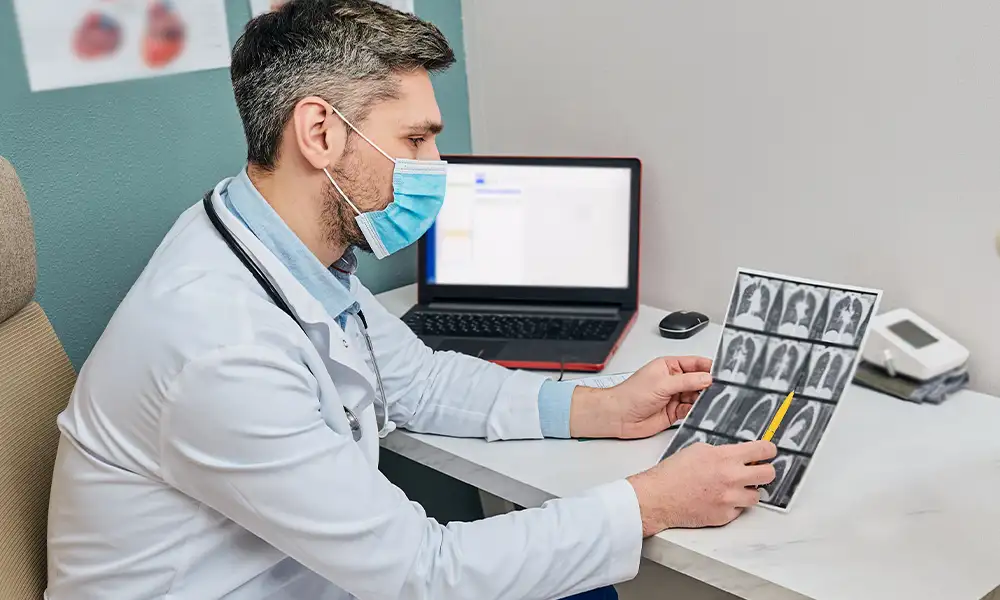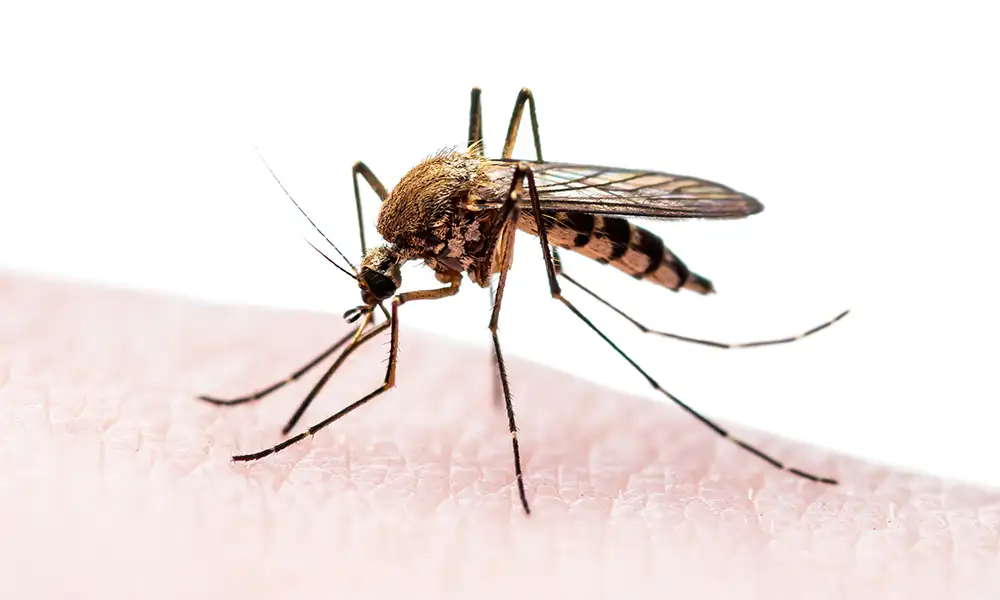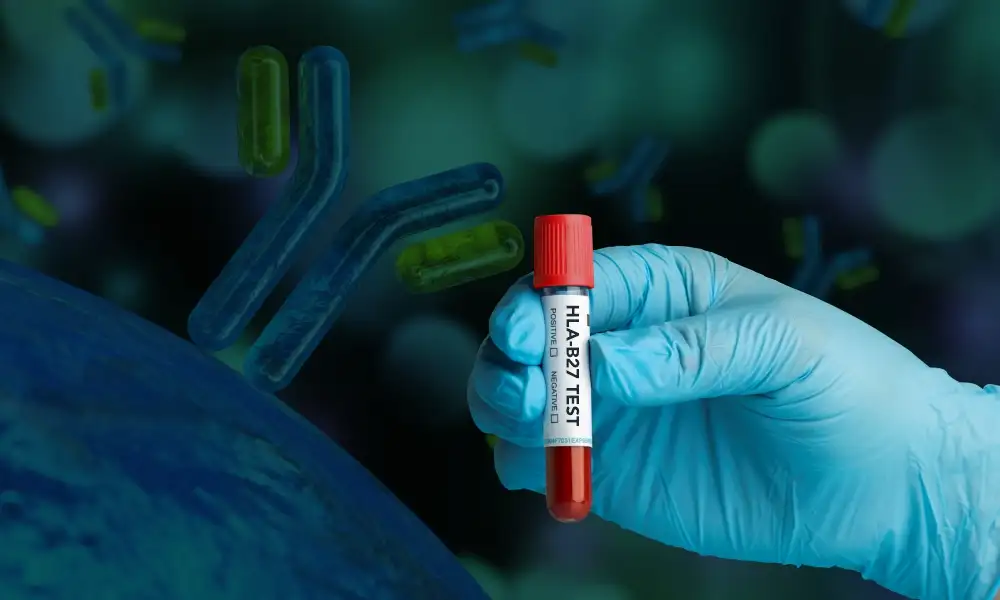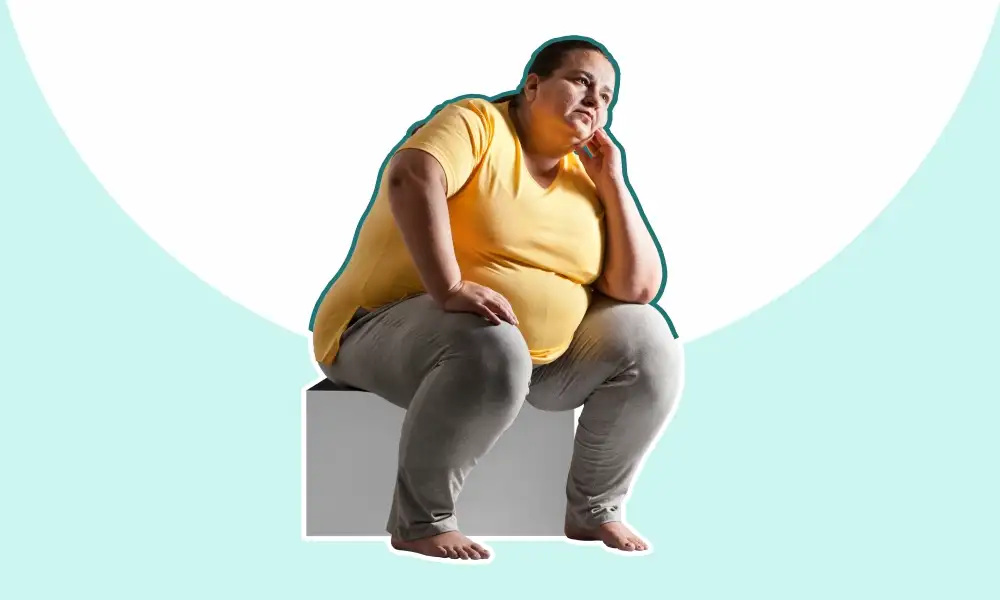Coronavirus (COVID-19) - Frequently Asked Questions
- March 27,2020
- 5 Min Read
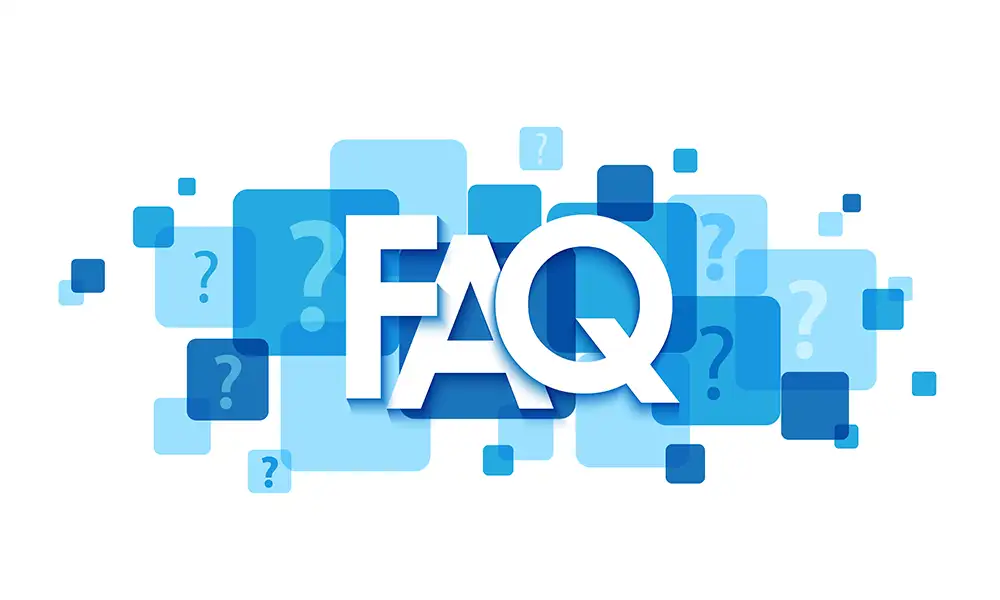
What is a Coronavirus?
Coronaviruses are a large family of viruses which may cause illness in animals or humans. In humans, several coronaviruses are known to cause respiratory infections ranging from the common cold to more severe diseases such as Middle East Respiratory Syndrome (MERS) and Severe Acute Respiratory Syndrome (SARS). The most recently discovered coronavirus causes coronavirus disease COVID-19.
What is COVID-19?
COVID-19 is the infectious disease caused by the most recently discovered coronavirus. This new virus and disease were unknown before the outbreak began in Wuhan, China, in December 2019.
What are the symptoms of COVID-19?
The most common symptoms of COVID-19 are fever, tiredness, and dry cough. Some patients may have aches and pains, nasal congestion, runny nose, sore throat or diarrhea. These symptoms are usually mild and begin gradually. Some people become infected but don’t develop any symptoms and don’t feel unwell. Most people (about 80%) recover from the disease without needing special treatment. Around 1 out of every 6 people who get COVID-19 becomes seriously ill and develops difficulty breathing. Older people, and those with underlying medical problems like high blood pressure, heart problems or diabetes, are more likely to develop serious illness. People with fever, cough and difficulty breathing should seek medical attention.
How does COVID-19 spread?
People can catch COVID-19 from others who have the virus. The disease can spread from person to person through small droplets from the nose or mouth which are spread when a person with COVID-19 coughs or exhales. These droplets land on objects and surfaces around the person. Other people then catch COVID-19 by touching these objects or surfaces, then touching their eyes, nose or mouth. People can also catch COVID-19 if they breathe in droplets from a person with COVID-19 who coughs out or exhales droplets. This is why it is important to stay more than 1 meter (3 feet) away from a person who is sick.
Can the virus that causes COVID-19 be transmitted through the air?
Studies to date suggest that the virus that causes COVID-19 is mainly transmitted through contact with respiratory droplets rather than through the air.
Can COVID-19 be caught from a person who has no symptoms?
The main way the disease spreads is through respiratory droplets expelled by someone who is coughing. The risk of catching COVID-19 from someone with no symptoms at all is very low. However, many people with COVID-19 experience only mild symptoms. This is particularly true at the early stages of the disease. It is therefore possible to catch COVID-19 from someone who has, for example, just a mild cough and does not feel ill.
What can I do to protect myself and prevent the spread of disease?
You can reduce your chances of being infected or spreading COVID-19 by taking some simple precautions:
- Regularly and thoroughly clean your hands with an alcohol-based hand rub or wash them with soap and water. Washing your hands with soap and water or using alcohol-based hand rub kills viruses that may be on your hands.
- Maintain at least 1 meter (3 feet) distance between yourself and anyone who is coughing or sneezing. When someone coughs or sneezes they spray small liquid droplets from their nose or mouth which may contain viruses. If you are too close, you can breathe in the droplets, including the COVID-19 virus if the person coughing has the disease.
- Avoid touching eyes, nose and mouth. Hands touch many surfaces and can pick up viruses. Once contaminated, hands can transfer the virus to your eyes, nose or mouth. From there, the virus can enter your body and can make you sick.
- Make sure you, and the people around you, follow good respiratory hygiene. This means covering your mouth and nose with your bent elbow or tissue when you cough or sneeze. Then dispose of the used tissue immediately. Droplets spread viruses. By following good respiratory hygiene you protect the people around you from viruses such as cold, flu and COVID-19.
- Stay home if you feel unwell. If you have a fever, cough and difficulty breathing, seek medical attention.
- Keep up to date on the latest COVID-19 hotspots (cities or local areas where COVID-19 is spreading widely). If possible, avoid traveling to places – especially if you are an older person or have diabetes, heart or lung disease. You have a higher chance of catching COVID-19 in one of these areas.
Protection measures for persons who are in or have recently visited (past 14 days) areas where COVID-19 is spreading:
Follow the guidance outlined above (Protection measures for everyone)
Self-isolate by staying at home if you begin to feel unwell, even with mild symptoms such as headache, low grade fever (37.3 C or above) and slight runny nose, until you recover. If it is essential for you to have someone bring you supplies or to go out, e.g. to buy food, then wear a mask to avoid infecting other people. Why? Avoiding contact with others and visits to medical facilities will allow these facilities to operate more effectively and help protect you and others from possible COVID-19 and other viruses.
If you develop fever, cough and difficulty breathing, seek medical advice promptly as this may be due to a respiratory infection or other serious condition.
Should I wear a mask to protect myself?
Only wear a mask if you are ill with COVID-19 symptoms (especially coughing) or looking after someone who may have COVID-19. Disposable face masks can only be used once. If you are not ill or looking after someone who is ill then you are wasting a mask.
How to put on, use, take off and dispose of a mask?
Remember, a mask should only be used by health workers, caretakers, and individuals with respiratory symptoms, such as fever and cough. • Before touching the mask, clean hands with an alcohol-based hand rub or soap and water • Take the mask and inspect it for tears or holes. • Orient which side is the top side (where the metal strip is). • Ensure the proper side of the mask faces outwards (the coloured side). • Place the mask on your face. Pinch the stiff edge of the mask so it takes the shape of your nose. • Pull down the mask’s bottom so it covers your mouth and your chin. • After use, take off the mask; remove the elastic loops from behind the ears while keeping the mask away from your face and clothes, to avoid touching potentially contaminated surfaces of the mask. • Discard the mask in a closed bin immediately after use. • Perform hand hygiene after touching or discarding the mask – Use alcohol-based hand rub or, if visibly soiled, wash your hands with soap and water.
Is there anything I should not do?
The following measures ARE NOT effective against COVID-2019 and can be harmful:
- Smoking
- Taking traditional herbal remedies
- Wearing multiple masks
- Taking self-medication such as antibiotics
Are antibiotics effective in preventing or treating the COVID-19?
No. Antibiotics do not work against viruses, they only work on bacterial infections. COVID-19 is caused by a virus, so antibiotics do not work.
Who is at risk of developing severe illness?
While we are still learning about how COVID-2019 affects people, older persons and persons with pre-existing medical conditions (such as high blood pressure, heart disease, lung disease, cancer or diabetes) appear to develop serious illness more often than others.
Do vaccines protect you against the new coronavirus?
To date, there is no vaccine and no specific antiviral medicine to prevent or treat COVID-2019. However, those affected should receive care to relieve symptoms. People with serious illnesses should be hospitalized. Most patients recover thanks to supportive care. Influenza and the virus that causes COVID-19 are two very different viruses and the seasonal influenza vaccine will not protect against COVID-19. Vaccines against pneumonia, such as pneumococcal vaccine and Haemophilus influenzae type B (Hib) vaccine, do not provide protection against the new coronavirus. The virus is so new and different that it needs its own vaccine. (Source: WHO, European Centre for Disease Prevention and Control).
How effective are thermal scanners in detecting people infected with the new coronavirus?
Thermal scanners are effective in detecting people who have developed a fever (i.e. have a higher than normal body temperature) because of infection with the new coronavirus. However, they cannot detect people who are infected but are not yet sick with fever. This is because it takes between 2 and 10 days before people who are infected become sick and develop a fever.
Can pets at home spread the new coronavirus (2019-nCoV)?
At present, there is no evidence that companion animals/pets such as dogs or cats can be infected with the new coronavirus. However, it is always a good idea to wash your hands with soap and water after contact with pets. This protects you against various common bacteria such as E.coli and Salmonella that can pass between pets and humans (Source: https://www.who.int/emergencies/diseases/novel-coronavirus-2019/advice-for-public/myth-busters)
I have heard on the news that contact with an infected patient has led to people getting coronavirus. What exactly does contact mean?
Providing direct care without proper personal protective equipment (PPE) for COVID-19 patients.
Staying in the same close environment of a COVID-19 patient (including workplace, classroom, household, gatherings).
Traveling together in close proximity (1 m) with a symptomatic person who later tested positive for COVID-19.
Does COVID-19 affect all people of all ages equally?
No, from what we have seen in China, COVID-19 infections are seen mostly in adults and the elderly. After going through the details of 44,000+ infected patients in China, it was found that the age distribution of infected patients were as follows:
- <10 years: <1%
- 10-19 years: 1%
- 20-29 years: 8%
- 30-79 years: 87%
- ≥80 years: 3%
(Here percentage denotes the percentage of infected patients. So, for example, <1% of infected patients were less than 10 years of age).
Should everyone be tested for COVID-19?
According to governmental and WHO guidelines, only Suspected cases should be tested for COVID-19. Patients who can be called suspected cases are:
- a patient with acute respiratory illness (that is, fever and at least one sign or symptom of respiratory disease, for example, cough or shortness of breath) AND with no other cause that fully explains the clinical presentation AND a history of travel to or residence in a country, area or territory that has reported local transmission of COVID-19 disease during the 14 days prior to symptom onset.
- or, a patient with any acute respiratory illness AND who has been a contact of a confirmed or probable case of COVID-19 disease during the 14 days prior to the onset of symptoms;
- or, a patient with severe acute respiratory infection (that is, fever and at least one sign or symptom of respiratory disease, for example, cough or shortness of breath) AND who requires hospitalization AND who has no other aetiology that fully explains the clinical presentation.
I have heard that hand washing is effective in keeping COVID-19 at bay. Is this true?
Hand washing with soap for 40 seconds is one of the single most important practices to protect yourself, your family, and your community. Frequently clean your hands with soap and water after coughing, sneezing or when caring for the sick. If your hands are not visibly dirty, an alcohol-based hand sanitizer (with at least 60% alcohol) can be used. However, if your hands are visibly dirty, please use soap and running water.
- Wet hands with water.
- Apply soap.
- Wash hands for at least 40 seconds (including your palms, back of each hand, between fingers, thumbs and under nails).
- Rinse well.
- Dry hands well with a paper towel.
- Turn off the tap using a paper towel.
Travel Advisory in India
Travel advisories issued by the Indian Government: 17th March 2020 In continuation of the travel advisory issued on 11th March, 2020 and 16th March, 2020, the following additional advisory is issued:
Travel of passengers from Afghanistan, Philippines, Malaysia to India is prohibited with immediate effect. No flight shall take off from these countries to India after 1500 hours Indian Standard Time (IST). The airline shall enforce this at the port of initial departure. 16th March 2020 In continuation of the travel advisory issued on 11th March 2020, the following additional advisory is issued:
Expanding compulsory quarantine for a minimum period of 14 days for passengers coming from/transiting through UAE, Qatar, Oman, and Kuwait. This will come into effect from 1200 GMT on 18th March 2020 at the port of first departure.
Travel of passengers from member countries of the European Union, the European Free Trade Association, Turkey and the United Kingdom to India is prohibited with effect from 18th March 2020.
No airline shall board a passenger from these nations to India with effect from 1200 GMT on 18th March 2020. The airline shall enforce this at the port of initial departure. 11th March 2020
All existing visas (except diplomatic, official, UN/International Organizations, employment, project visas) stand suspended till 15th April 2020. This will come into effect from 1200 GMT on 13th March 2020 at the port of departure.
Visa free travel facility granted to OCI card holders is kept in abeyance till 15th April 2020. This will come into effect from 1200 GMT on 13th March 2020 at the port of departure.
OCI card holders already in India can stay in India as long as they want. • Visas of all foreigners already in India remain valid and they may contact the nearest FRRO/FRO through e-FRRO module for extension/conversion etc. of their visa or grant of any consular service, if they choose to do so.
Any foreign national who intends to travel to India for compelling reasons may contact the nearest Indian Mission.
In addition to Visa restrictions already in place, passengers traveling from /having visited Italy or Republic of Korea and desirous of entering India will need a certificate of having tested negative for COVID-19 from the designated laboratories authorized by the health authorities of these countries. This is in enforcement since 0000 hrs. of 10th March, 2020 and is a temporary measure till cases of COVID-19 subside.
All incoming travelers, including Indian nationals, arriving from or having visited China, Italy, Iran, Republic of Korea, France, Spain and Germany after 15th February, 2020 shall be quarantined for a minimum period of 14 days. This will come into effect from 1200 GMT on 13th March 2020 at the port of departure.
Incoming travelers, including Indian nationals, are advised to avoid non-essential travel and are informed that they can be quarantined for a minimum of 14 days on their arrival in India.
Indian nationals are further strongly advised to refrain from travelling to China, Italy, Iran, Republic of Korea, France, Spain and Germany.
Which are the authorised labs and collection centres for COVID-19?
List of Govt Labs for COVID-19 testing (as of 27th March 2020) : https://icmr.nic.in/sites/default/files/upload_documents/Govt_COVID19_Testing_Lab_27032020.pdf
List of Pvt Labs for COVID-19 testing (as of 27th March 2020) : https://icmr.nic.in/sites/default/files/upload_documents/Private_Labs_27032020.pdf
Want to book a test? Fill up the details & get a callback
Most Viewed
Premarital Health Screening
- 20 Min Read
Typhoid - Signs and Symptoms
- 3 Min Read
Home Isolation Guidelines - Covid-19 Care
- 5 Min Read
HLA B27 Detection: Flow Cytometry & PCR
- 1 Min Read



